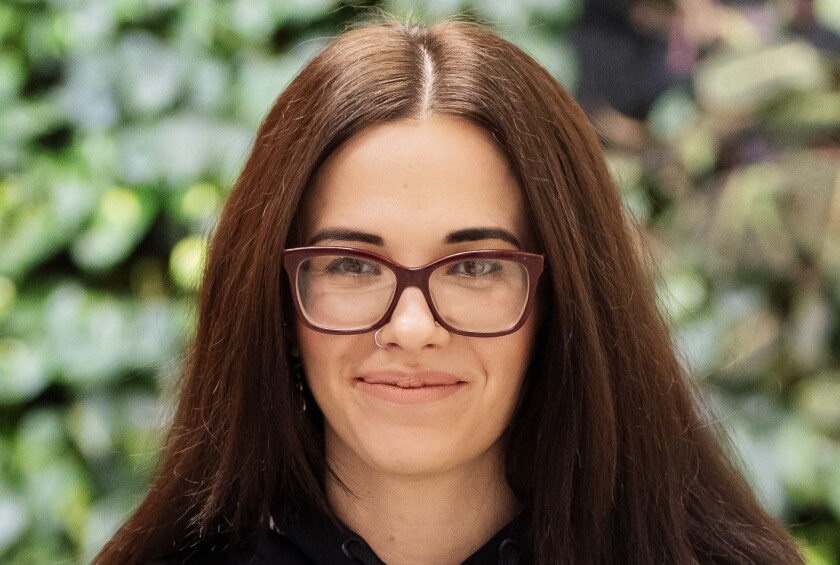Welcome to the latest instalment of Managing IP’s ‘Five minutes with’ series, where we learn more about IP practitioners on a personal as well as a professional level. This time we have Olena Polosmak, managing partner at Crane IP in Ukraine.
Someone asks you at a party what you do for a living. What do you say?
I assist in protecting the rights of intangible assets for individuals and businesses.
Talk us through a typical working day.
Endless discussions. I have countless talks. I constantly negotiate with clients, lawyers, and agents from different countries. My law firm is dedicated to helping international businesses, and almost every case we handle involves issues that cross borders. This leads to conversations all day and night.
In the few moments I have in between, I analyse everything. This helps me give the best advice possible to my clients.
What are you working on at the moment?
Implementing IT technologies and artificial intelligence into the daily workflow of IP law professionals. I am a co-founder of a LegalTech project called Pocket IP.
Does one big piece of work usually take priority or are you juggling multiple things?
My clients run businesses and have assets in multiple jurisdictions, my work is to multitask.
What is the most exciting aspect of your role and what is the most stressful?
The most exciting part is seeing my clients succeed. It feels great to know that I played a role in their achievements.
However, it can also be stressful. I constantly deal with deadlines that keep stacking up, one after the other.
On top of that, there’s the war in my home country. That’s something you never really get used to.
Tell us the key characteristics that make a successful IP lawyer/practitioner.
To be able to understand the business and final goal of a client. Not to be simply a mechanical executor.
In most cases, the clients do not have deep knowledge of IP law. My role is to find out the aim of a project and come up with the best steps. Sometimes, I understand that a client does not need my assistance and that legal proceedings will simply make their life harder without actually bringing any benefits.
What is the most common misconception about IP?
That is a boring and very easy industry. The reality is completely the opposite.
What or who inspires you?
My son.
If you weren’t in IP, what would you be doing?
My first education was in finance and insurance management. So, I could become an insurer.
I also like music and art. I would find myself in those industries for sure.
Any advice you would give your younger self?
Be braver and do not hesitate to take risky steps.
What is your motto in life?
True strength lies within me. I support myself, grow, and inspire others.










